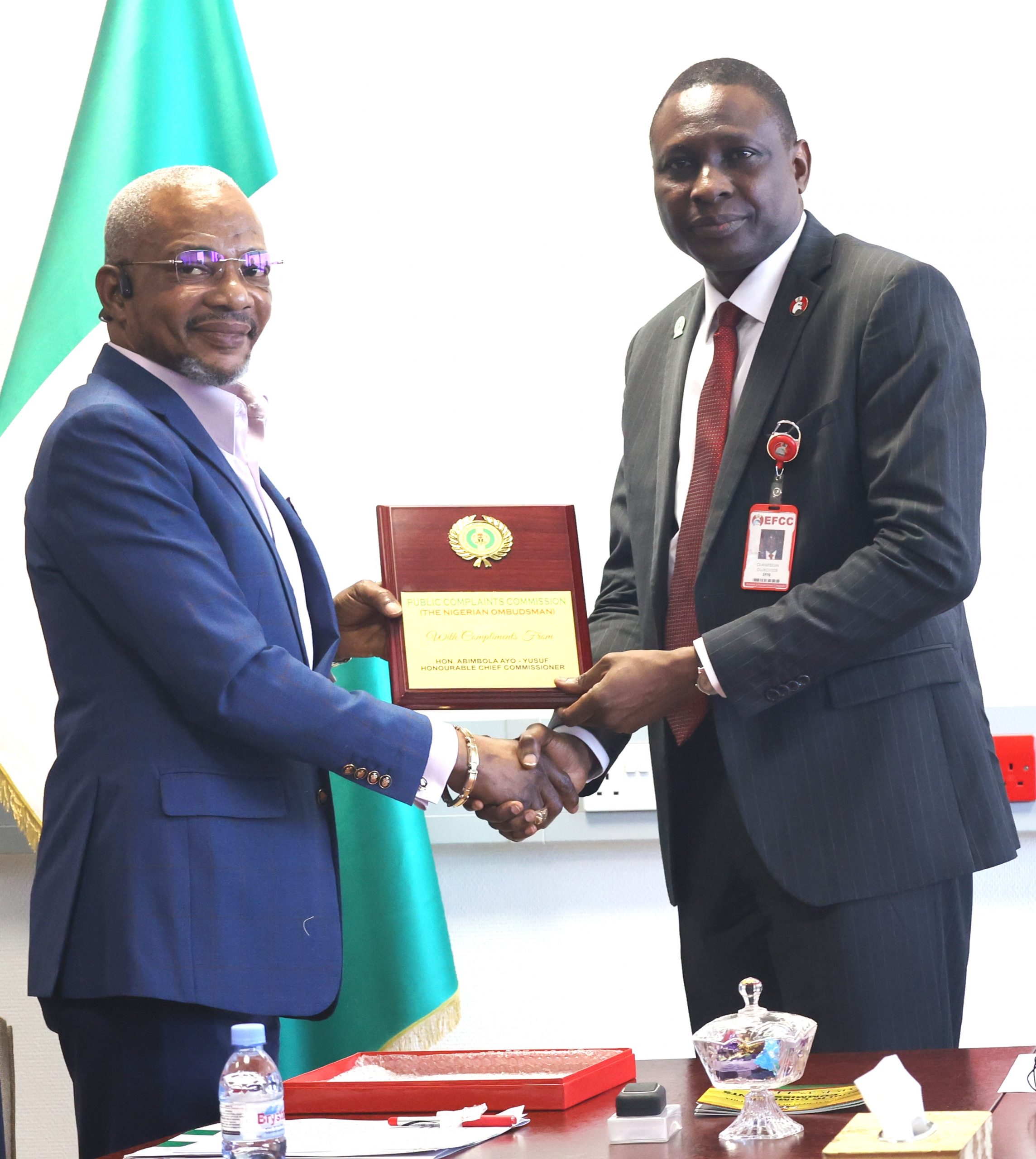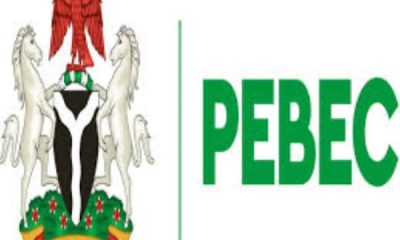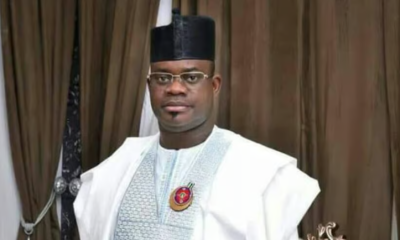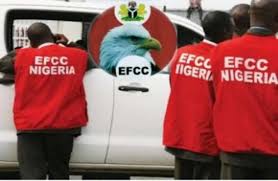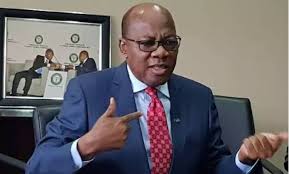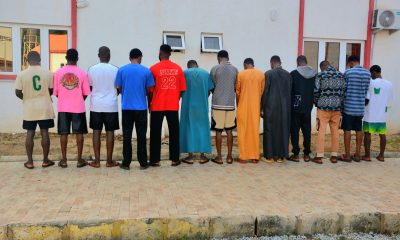The Executive Chairman of the Economic and Financial Crimes Commission (EFCC), Ola Olukoyede, receiving a delegation of the Public Complaints Commission (PCC) on a courtesy, at the corporate headquarters of the Commission, Abuja, advocated an end to corruption, social injustice, deprivation and rancour across the country.
EFCC Head of Media and Publicity, Dele Oyewale, in a statement disclosed that the Executive Chairman noted that crises and rancour are caused largely by corruption, injustice and entrenched deprivation, arguing that for any system to work effectively, equity and fairness must stand.
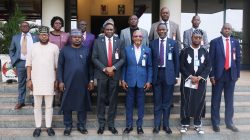
Visiting PCC delegation and EFCC officials
According to Olukoyede, “Corruption is the underlying factor of injustice. We should bridge the gap that is causing injustice. Social rancour is also caused by injustice.
READ ALSO: INEC REC in Adamawa flees to Niger Republic after announcing illegal result
“We must come together to rid our nation of injustice caused by corruption. What is good for one is good for all.”
The EFCC boss challenged the leadership of the PCC to work diligently in order to earn the support of Nigerians, maintaining that, “we expect your leadership to bring your Commission to great heights. Let your work commend you to Nigerians”.
He also called for a Memorandum of Understanding (MoU) to concretize the EFCC’s relationship with PCC, promising that the existing collaboration between the two Commission will be strengthened.

PCC delegation and EFCC officials at a round table talk
Chief Commissioner of the PCC, Abimbola Ayo Yusuf, congratulated Olukoyede on his appointment and called for increased collaboration with his Commission to redress all administrative injustices and corrupt practices in both public and private organizations. He stressed that PCC has similar focus and mandate with the EFCC “ and this is why we need to deepen our working relationship, even our law empowers us to be the official whistle blower to your Commission and other law enforcement agencies”.
He requested for a desk officer in the EFCC, assuring that his Commission is well-placed in 550 Area Offices in the 774 Local Government Areas, LGAs of Nigeria.
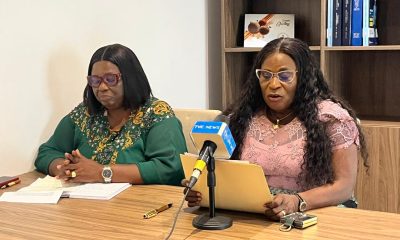
 Latest1 week ago
Latest1 week ago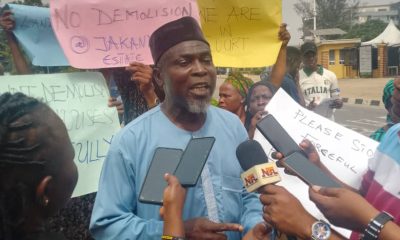
 News1 week ago
News1 week ago
 Business6 days ago
Business6 days ago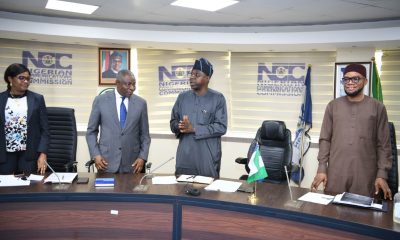
 Business1 week ago
Business1 week ago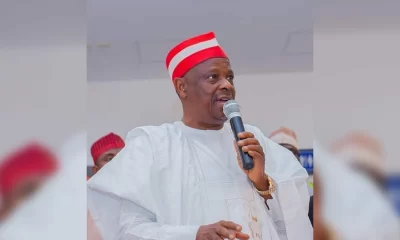
 Latest1 week ago
Latest1 week ago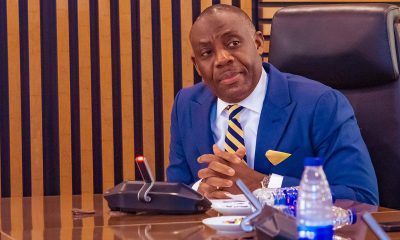
 Education1 week ago
Education1 week ago
 Business6 days ago
Business6 days ago
 Football1 week ago
Football1 week ago
